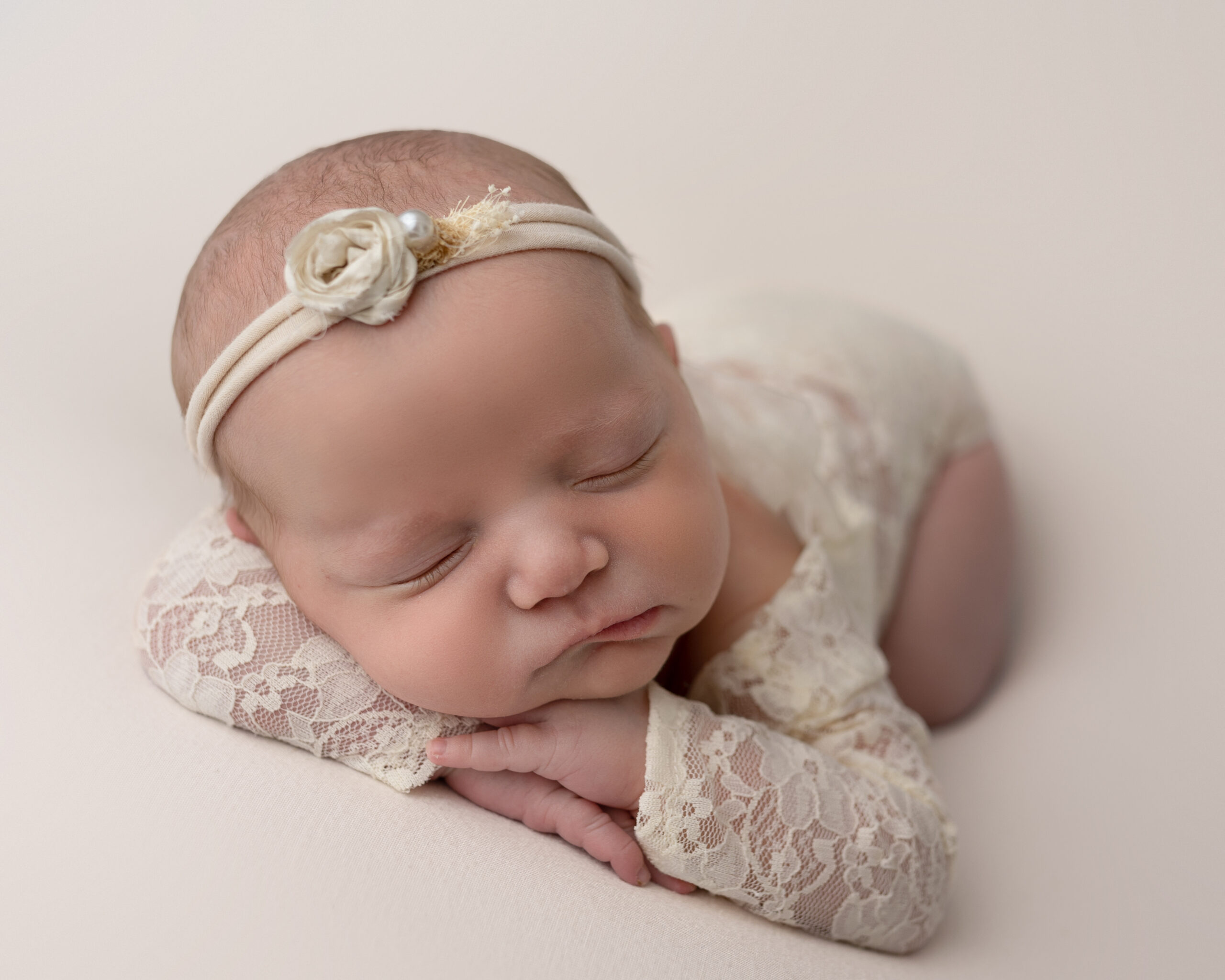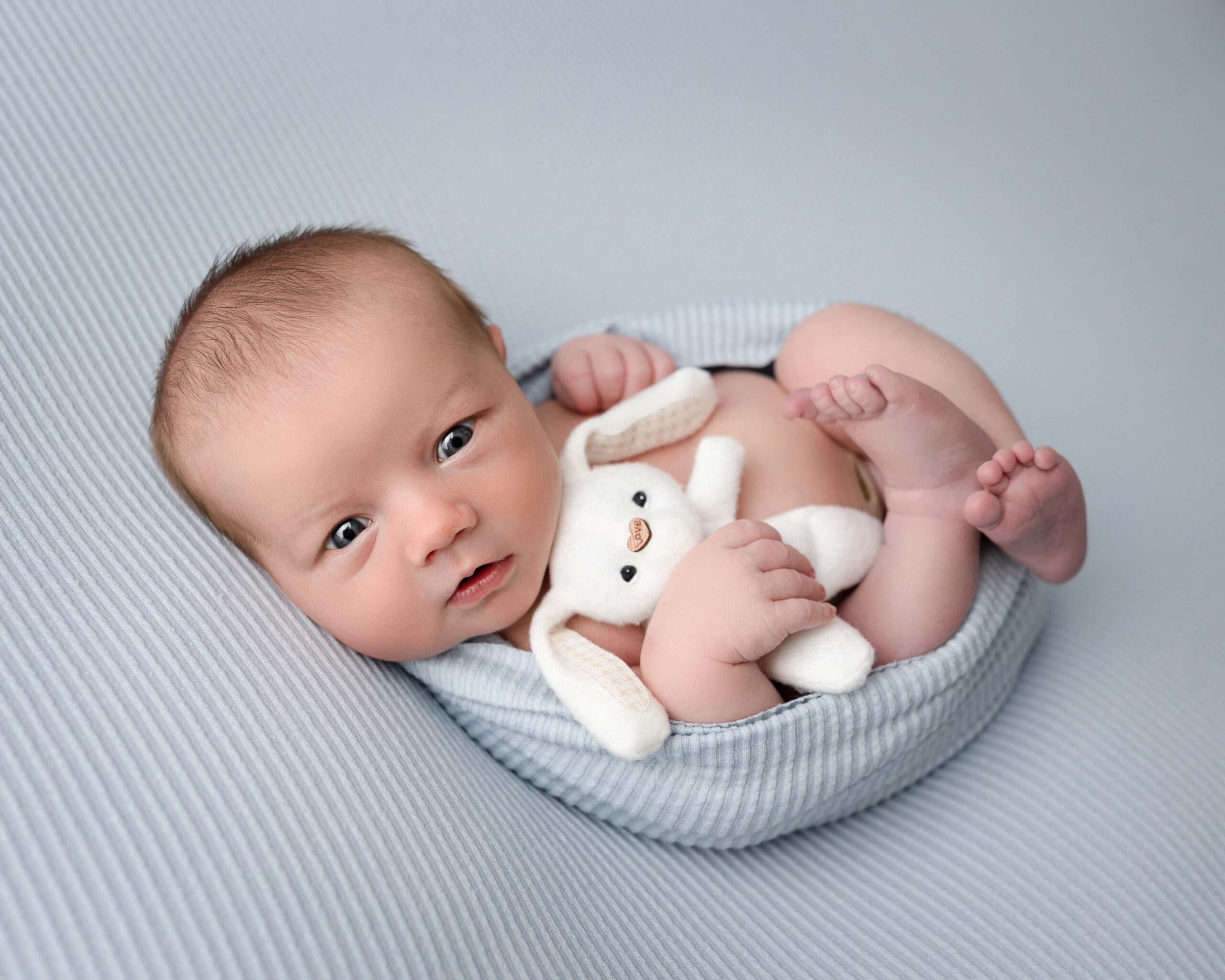Are you a new parent baffled by the phenomenon of newborn hiccups? If so, you’re not alone! Hiccups are a common occurrence in babies, and while they can be a bit perplexing, understanding why they happen and how to help your baby can make a world of difference. In this article, I’ll share the science behind newborn hiccups, common causes, when to be concerned, and practical tips to help soothe your little one.
What are Newborn Hiccups?
Hiccups are involuntary contractions of the diaphragm, the muscle that separates the chest from the abdomen and plays a crucial role in breathing. When the diaphragm contracts, the vocal cords snap shut, producing that distinctive “hic” sound we all recognize. While hiccups can be annoying for anyone at any age, they are particularly common in newborns.
Why Do Newborns Get Hiccups?
Understanding the reasons behind newborn hiccups can help you better manage them. Here are some common causes:
- Feeding Too Quickly
One of the most prevalent reasons for newborn hiccups is feeding too quickly. If your baby gulps down milk or formula, they may swallow air along with their food, leading to hiccups.
- Swallowing Air While Feeding
Similar to the previous point, if your baby is not latched properly or is drinking from a bottle with a fast flow, they may end up swallowing air. This excess air can irritate the diaphragm, causing hiccups.
- Overeating
When babies eat more than their tiny tummies can handle, it can lead to discomfort and subsequently trigger hiccups.
- Gastroesophageal Reflux (GER)
Some babies experience GER, where stomach contents flow back into the esophagus. This can cause irritation and result in hiccups.’
- Less Common Causes
In addition to feeding-related causes, several other factors may lead to hiccups in newborns. For example, sudden temperature changes, such as moving from a warm room to a cooler one, can startle a baby and induce hiccups. Excitement or even crying can also contribute to this phenomenon, as these emotions can affect breathing patterns.
When to Be Concerned About Newborn Hiccups
While hiccups are generally harmless, it’s essential to distinguish between normal hiccups and those that may indicate an underlying issue. Typical newborn hiccups are brief and resolve on their own. However, if your baby experiences persistent hiccups that last for hours or seem to cause distress, it may be time to consult a pediatrician.
How to Help Your Newborn with Hiccups
When your baby experiences newborn hiccups, you can employ several immediate remedies and prevention strategies to provide relief. Here are a few helpful tips:
- Feed Smaller Amounts More Frequently
Instead of large feeds, consider giving smaller amounts more frequently. This can help prevent overeating and the discomfort that often leads to hiccups.
- Ensure a Calm Feeding Environment
Reducing distractions during feeding can help your baby focus on eating calmly, which may reduce the chances of swallowing air.
- Burp Your Baby During Feedings
Take breaks during feedings to burp your baby. This can help release any air they may have swallowed and prevent hiccups from occurring.
Final Thoughts
Hiccups are a normal part of infancy, caused by a variety of factors, from feeding practices to immature digestive systems. As a parent, knowing how to help your baby during these moments is essential for their comfort and your peace of mind. If your baby experiences hiccups that are persistent or seem to cause significant discomfort, it’s important to consult a pediatrician.
Preserve the charm of your baby’s tiny fingers, sweet little toes, and heartwarming smiles with a newborn photography session. Book your session today!





